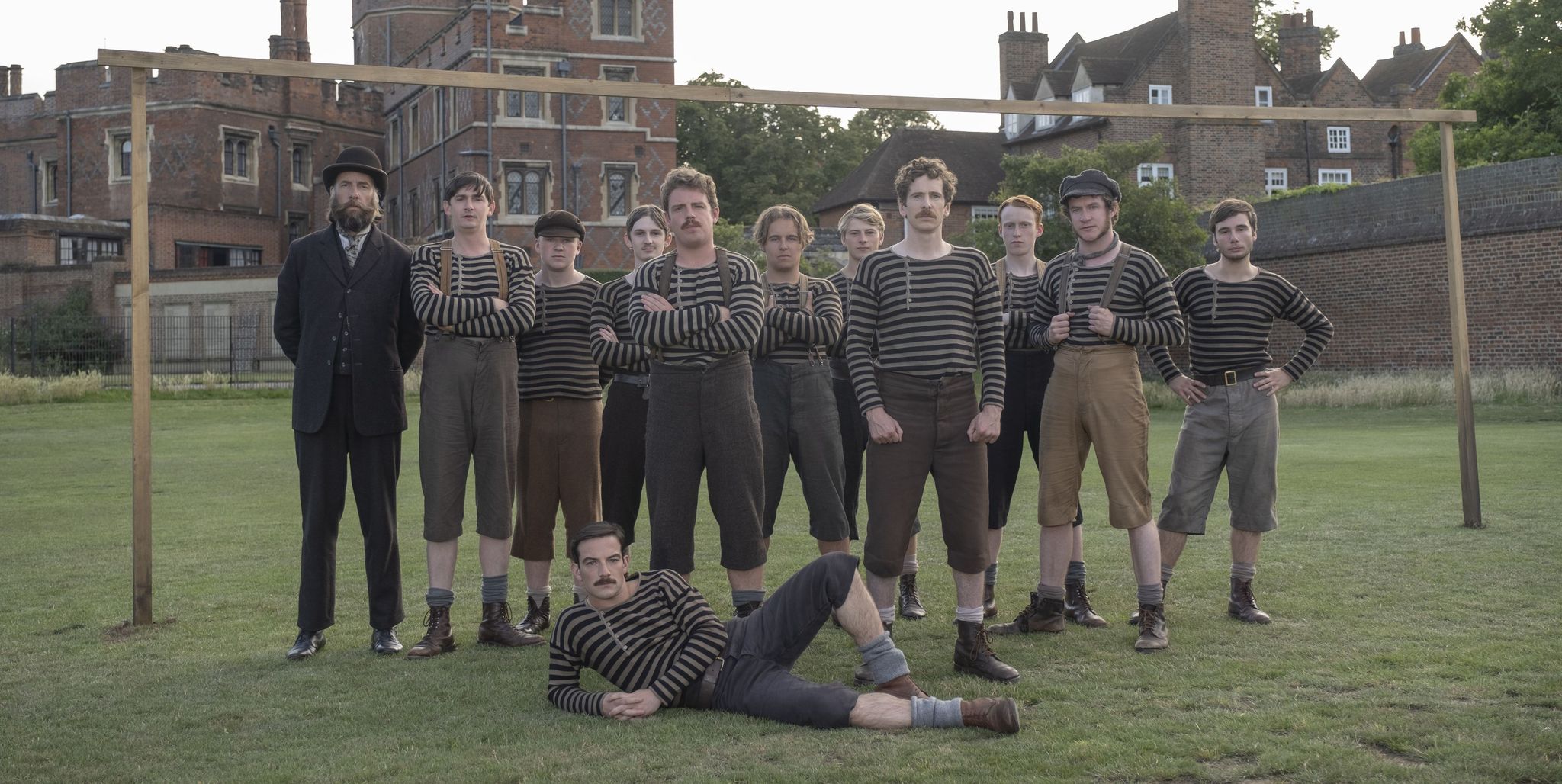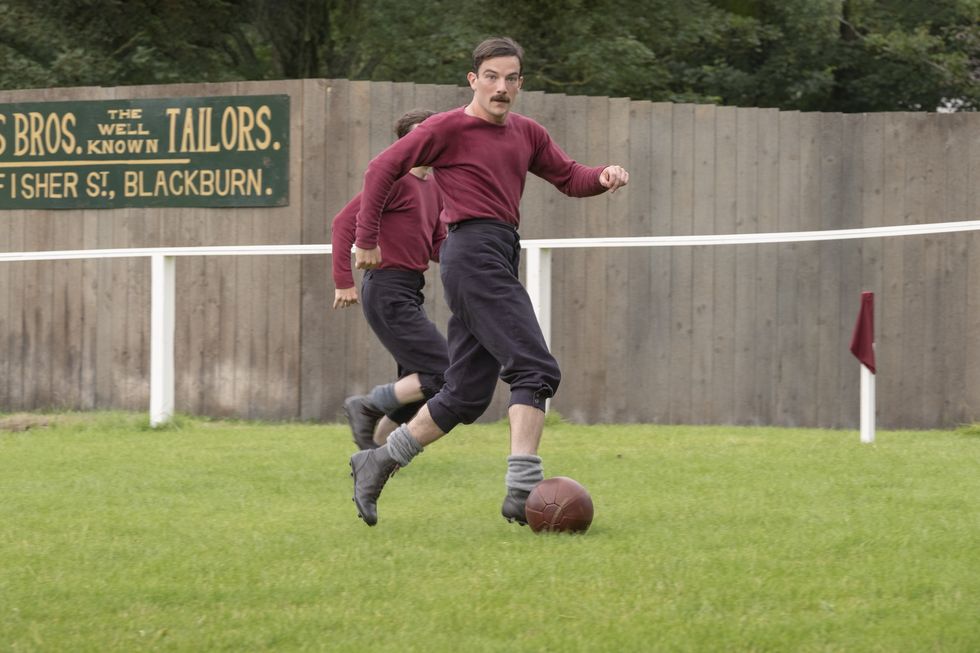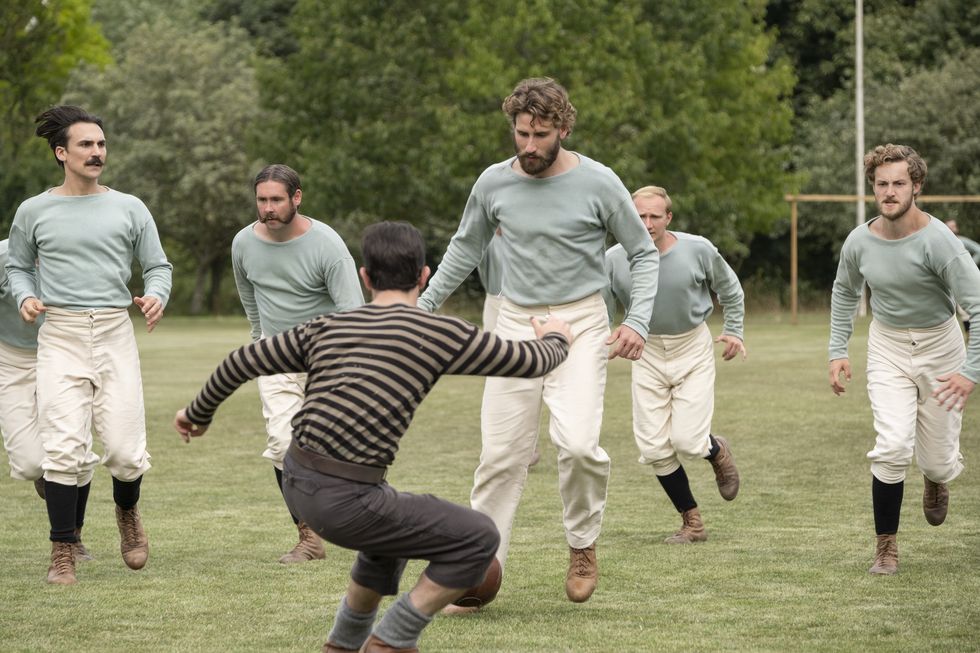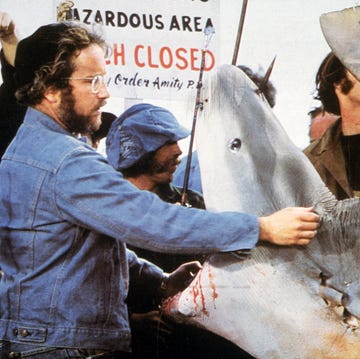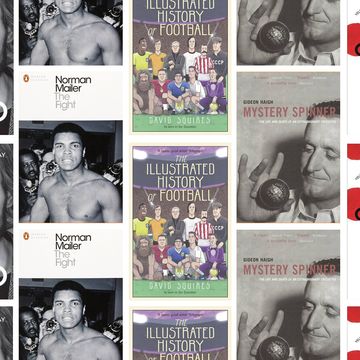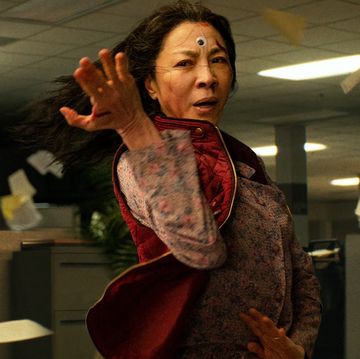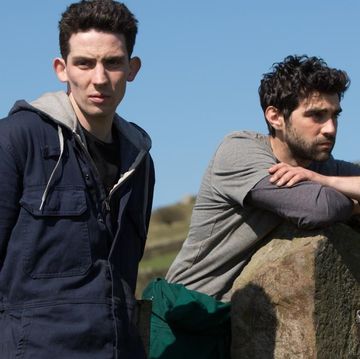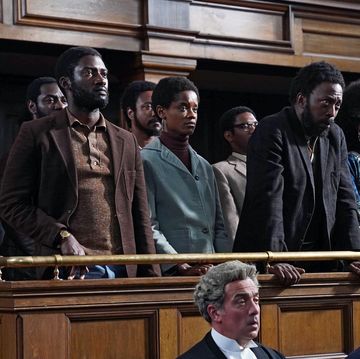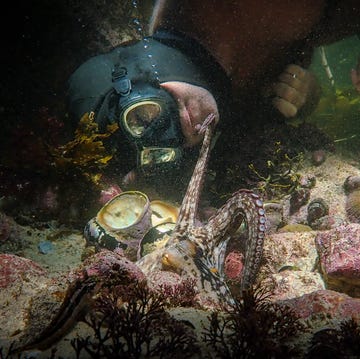Right, before we start: Julian Fellowes' Netflix drama The English Game is not good. It is very, very not good. It stinks. It is bad.
And yet here we are. You've got through The English Game, somehow, and you're wondering how much of its story of Darwen's plucky mill workers taking on Blackburn and Old Etonians' big posh nobs is actually true.
The answer is 'not particularly'. For a start, you might like to know that despite the references to 'Blackburn' throughout the series, there wasn't a single team called 'Blackburn' around at the time. There were two Blackburn teams – Blackburn Olympic and Blackburn Rovers – and Suter played for Rovers. This is quite an important point late on in the series, when 'Blackburn' get to the 1883 FA Cup semi-finals. Olympic actually did get to the semis in 1883
The series says that Scottish hotshots Fergus Suter and Jimmy Love were brought in from Partick FC in Glasgow by mill-owner James Walsh at the same time, and that they worked in his mill while playing for Darwen. It also suggests that Love only moved down because his top, top mate Suter did.
In reality, Suter came down after Love had already moved in 1878, and there's evidence to suggest that Suter offered his services to Darwen rather than being headhunted. Suter wasn't a mill-worker either – he was a stonemason, and kept on masoning stone while playing for Darwen. So that whole subplot about him getting involved in the ruckus over the cut to mill-workers' pay isn't really what happened.
Blackburn Olympic weren't alone in bringing in Scottish players for their skills and advanced tactical understanding either. Football journalist Jonathan Wilson says in his book Inverting the Pyramid that Preston North End struggled initially after joining the Lancashire Football Association in 1880-81, but that "the arrival of a host of Scottish players – professionals in all but name – transformed the club" with their newly-devised 2-3-5 formation.
It's also pretty doubtful that Suter moved to Blackburn Rovers because he wanted to get his mum and sister away from his abusive dad. It was mainly about the quids. And there's little evidence that Love's career was ended by a Roy-Keane-on-Alf-Inge-Haaland stamp either.
Some of the story is fairly accurate: it's very likely that Suter and Love were the first professional football players, for instance. "Well, we had no settled wage," Suter told the Lancashire Daily Post in 1902, "but it was understood that we interviewed the treasurer as occasion arose. Possibly we should go three weeks without anything, and then ask for £10. We never had any difficulty." At the time an average weekly wage was around £2.
The 1883 FA Cup final did showcase the triumph of the Scottish-born passing game – or 'combination' game as it was known – over the dribbling traditionally used by the English teams, too.
But none of the wrangling over whether 'Blackburn' ought to be booted out of the final because they were paying players – or the ultimatum tendered by the Lancashire Football Association that its teams would pull out of the 1884 FA Cup if Blackburn weren't allowed to play – actually happened either.
What about the football itself? Wilson describes Old Etonians as "essentially a dribbling side," and while The English Game's footballing sequences paint 'Blackburn' as a kind of proto-Wenger-era-Arsenal with their short passes and willowy number 10s, Blackburn Olympic beat Etonians with their "unfamiliar tactic of hitting long sweeping passes from wing to wing".
So no mention of the drag-backs, roulettes or instructions to "hit them on the break", as The English Game suggests were commonplace.
Like this article? Sign up to our newsletter to get more delivered straight to your inbox
